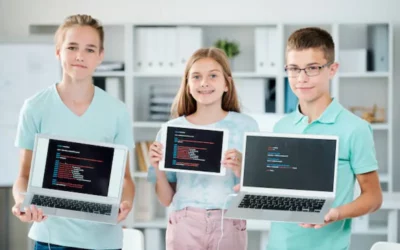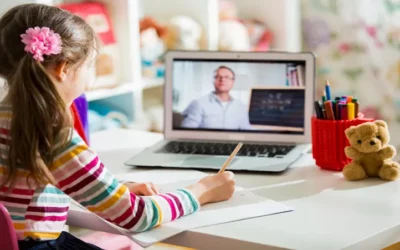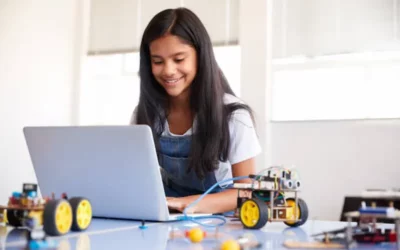Computer games for kids free are a popular form of entertainment for children of all ages. While some people may view computer games as a waste of time, there is actually a growing body of research that suggests that computer games can be beneficial for cognitive development. In fact, there are many free computer games that are specifically designed to enhance cognitive skills in children.
Table of contents
Importance of computer games that enhance cognitive skills in children
There are many reasons why computer games can be beneficial for cognitive development. First, computer games can help children to develop problem-solving skills. In order to succeed in most computer games, children must learn to identify problems, develop strategies for solving those problems, and then execute those strategies. This process of problem-solving can help children to develop critical thinking skills, which are essential for success in school and in life.
Second, computer games can help children to develop memory skills. Many computer games require children to remember information, such as the location of objects or the order of events. This process of remembering information can help children to improve their working memory, which is essential for learning and for everyday tasks such as following directions and remembering appointments.
Third, computer games can help children to develop attention skills. Many computer games require children to focus their attention on the task at hand in order to succeed. This process of focusing attention can help children to improve their ability to pay attention in school and in other settings.
Benefits of playing computer games that develop cognitive skills
There are many benefits to playing computer games that develop cognitive skills. First, playing computer games can help children to improve their academic performance. Studies have shown that children who play educational computer games can improve their scores on standardized tests in math, reading, and science.
Second, playing computer games, including computer games for kids, can help children to develop problem-solving skills. As mentioned earlier, computer games require children to identify problems, develop strategies for solving those problems, and then execute those strategies. This process of problem-solving can help children to develop critical thinking skills, which are essential for success in school and in life.
Third, playing computer games can help children to develop memory skills. As mentioned earlier, many computer games require children to remember information. This process of remembering information can help children to improve their working memory, which is essential for learning and for everyday tasks such as following directions and remembering appointments.
Fourth, playing computer games can help children to develop attention skills. As mentioned earlier, many computer games require children to focus their attention on the task at hand in order to succeed. This process of focusing attention can help children to improve their ability to pay attention in school and in other settings.
Roblox
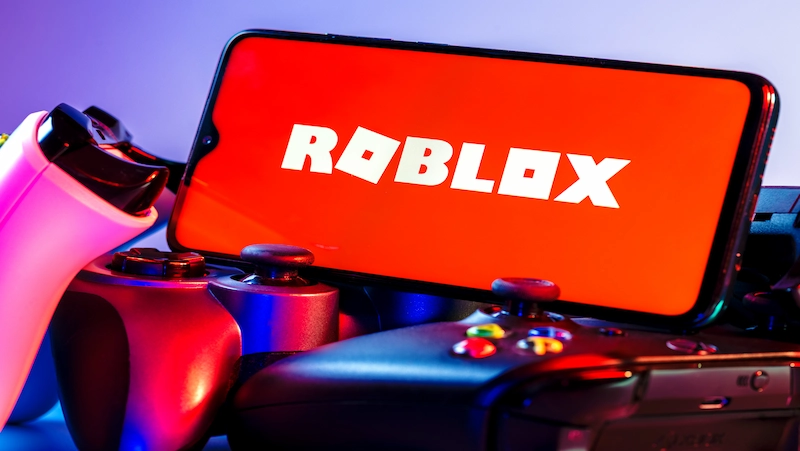
oblox is an online platform and game creation system that allows users to design their own games and play a wide variety of user-created games. The platform has over 40 million active users and is one of the most popular online games for children.
Roblox games can be anything from simple obstacle courses to complex role-playing games, , offering a diverse gaming experience that complements the principles of robotics for kids. Users can create their own games using a variety of tools and resources, or they can play games that have been created by other users. Roblox also offers a variety of social features, such as chat and friend lists, which allow users to interact with each other.
Roblox has been praised for its educational benefits. The game can help children develop a variety of cognitive skills, such as problem-solving, creativity, and critical thinking. For example, when children create their own games, they need to think about how to design the game, how to code the game, and how to make the game fun. This process helps children develop their problem-solving skills and their creativity.
Roblox can also help children develop their critical thinking skills. When children play Roblox games, they are exposed to a variety of different ideas and concepts. This can help them learn to think critically about the world around them.
In addition to its educational benefits, Roblox can also be a fun and social experience for children. The game allows children to interact with other children from all over the world. This can help children develop their social skills and learn about different cultures.
Overall, Roblox is a valuable tool for children’s cognitive development. The game can help children develop a variety of cognitive skills, such as problem-solving, creativity, and critical thinking. Roblox can also be a fun and social experience for children.
Here are some specific examples of how Roblox can help children develop cognitive skills:
- Problem-solving: When children create their own games, they need to think about how to design the game, how to code the game, and how to make the game fun. This process helps children develop their problem-solving skills.
- Creativity: Roblox allows children to be creative in a variety of ways. They can design their own games, create their own characters, and even create their own music. This helps children develop their creativity and imagination.
- Critical thinking: Roblox exposes children to a variety of different ideas and concepts. This can help them learn to think critically about the world around them. For example, when children play a game about a historical event, they are forced to think about the event from different perspectives. This can help them develop their critical thinking skills.
If you are looking for a game that can help your child develop their cognitive skills, Roblox is a great option. The game is fun, social, and educational.
Minecraft

Minecraft is a sandbox video game developed by Mojang Studios. The game allows players to build anything they can imagine, from simple houses to elaborate castles. Players can also explore the world, fight monsters, and find resources. Minecraft is a popular game for all ages, and it has been shown to have a number of cognitive benefits.
One of the cognitive benefits of Minecraft is that it can help children develop spatial awareness. Spatial awareness is the ability to understand the relationship between objects in space.
In Minecraft, players need to be able to understand how their buildings will fit into the environment, and they need to be able to plan their movements in order to avoid obstacles, offering a gaming experience that aligns with the concept of coding games for kids. This can help children develop their spatial awareness skills, which can be helpful in a variety of other areas, such as math and science.
Another cognitive benefit of Minecraft is that it can help children develop planning skills. Planning is the ability to think ahead and make decisions about how to achieve a goal. In Minecraft, players need to plan their builds, their resource gathering, and their combat strategies. This can help children develop their planning skills, which can be helpful in a variety of other areas, such as school and work.
Finally, Minecraft can help children develop logic skills. Logic is the ability to think logically and to solve problems. In Minecraft, players need to use logic to solve puzzles, to find resources, and to build structures. This can help children develop their logic skills, which can be helpful in a variety of other areas, such as math and science.
In addition to the cognitive benefits mentioned above, Minecraft can also help children develop a number of other skills, such as creativity, problem-solving, and collaboration. Minecraft is a game that allows children to be creative and to express themselves. It also allows children to solve problems and to work together with others.
These are all important skills that can help children succeed in school and in life.
Overall, Minecraft is a game that has a number of cognitive benefits for children. It can help children develop spatial awareness, planning skills, logic skills, creativity, problem-solving skills, and collaboration skills. If you are looking for a game that can help your child develop their cognitive skills, Minecraft is a great option.
Here are some additional ways that Minecraft can help children develop cognitive skills:
- Problem-solving: Minecraft requires players to solve a variety of problems in order to survive and thrive. This includes problems such as finding food and shelter, fighting monsters, and building structures. By solving these problems, children learn how to think critically and creatively.
- Creativity: Minecraft is a game that allows children to be creative and express themselves. They can build anything they can imagine, from simple houses to elaborate castles. This can help children develop their imagination and their artistic skills.
- Collaboration: Minecraft can be played with friends or family members. This allows children to learn how to work together and to communicate effectively. It can also help children develop their social skills.
If you are looking for a game that can help your child develop their cognitive skills, Minecraft is a great option. It is a fun and engaging game that can help children learn and grow in a variety of ways.
Blockly
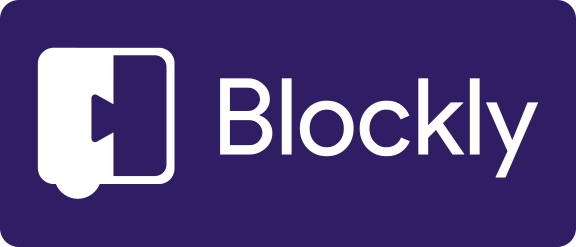
Blockly Games is a series of educational games that teach programming. It is designed for children who have not had prior experience with computer programming. By the end of these games, one is ready to use conventional text-based languages.
Blockly Games uses a visual programming language, which means that children can learn to program by dragging and dropping blocks to create their code. This makes it a much more accessible way to learn programming than traditional kids coding languages, which are text-based languages, and it can be especially helpful for children who are visual learners.
Blockly Games is divided into a series of levels, each of which introduces a new programming concept. The levels start out simple, but they quickly become more challenging. This helps children to gradually build their programming skills.
In addition to teaching programming concepts, Blockly Games also helps children to develop a number of other cognitive skills, such as:
- Sequencing: Children need to be able to sequence their instructions in order to create a working program.
- Pattern recognition: Children need to be able to recognize patterns in the code in order to debug their programs.
- Logic: Children need to be able to think logically in order to solve the programming problems in Blockly Games.
Blockly Games are a great way for children to learn programming and develop important cognitive skills. It is fun, engaging, and easy to use. If you are looking for a way to help your child learn to program, Blockly Games is a great option.
Here are some specific examples of how Blockly Games can help children develop cognitive skills:
- Sequencing: In the Maze game, children need to sequence their instructions in order to guide their character through the maze. This helps them to develop their understanding of how to order instructions in a logical way.
- Pattern recognition: In the Birds game, children need to recognize patterns in the code in order to make the bird fly. This helps them to develop their ability to see patterns and make predictions.
- Logic: In the Turtle game, children need to use logic to solve puzzles. This helps them to develop their problem-solving skills.
Blockly Games is a valuable tool for helping children develop the cognitive skills they need to succeed in school and in life. It is fun, engaging, and easy to use. If you are looking for a way to help your child learn to program, Blockly Games is a great option.
Scratch
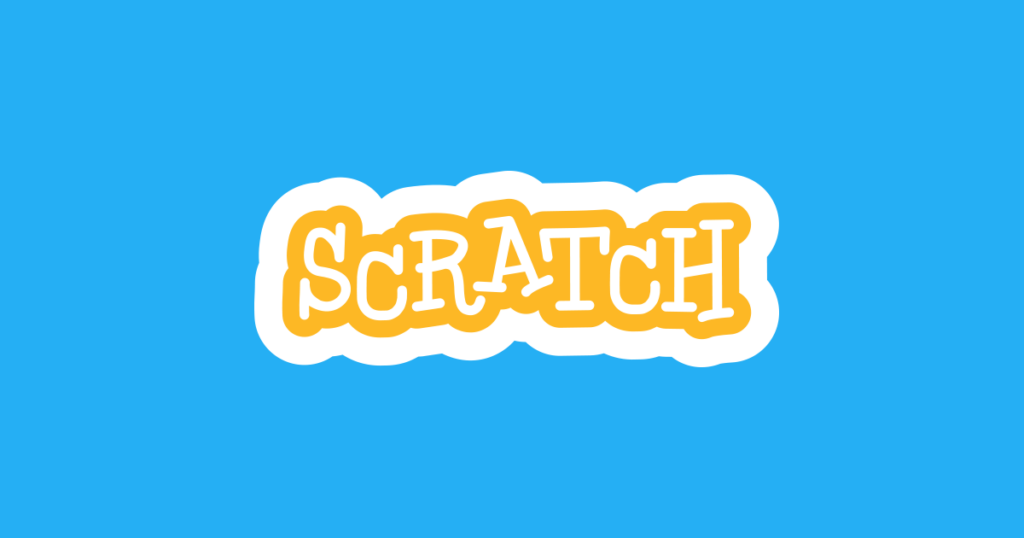
Scratch is a free, online programming language and environment that allows children to create their own interactive stories, games, and animations. It is a great way for children to learn about coding and computational thinking, and it can also help them develop a variety of cognitive skills.
Scratch is a block-based programming language, which means that children can create their projects by dragging and dropping blocks of code. This makes it easy for children to get started with coding, even if they have no prior experience.
Scratch also has a wide range of features that allow children to create complex projects, making it an ideal platform for scratch coding for kids. For example, children can use Scratch to create sprites (characters), backgrounds, and sounds. They can also use Scratch to add logic to their projects, such as conditional statements and loops.
Scratch is a great way for children to develop a variety of cognitive skills. For example, Scratch can help children develop their creativity, problem-solving skills, and logic skills.
- Creativity: Scratch allows children to express their creativity in a variety of ways. They can create their own characters, stories, and games. They can also use Scratch to create their own art and music.
- Problem-solving skills: Scratch can help children develop their problem-solving skills. When children are creating projects in Scratch, they often encounter problems that they need to solve. For example, they may need to figure out how to make their character move, or how to add sound to their project. By solving these problems, children learn how to think critically and creatively.
- Logic skills: Scratch can help children develop their logic skills. When children are creating projects in Scratch, they need to use logic to make their projects work. For example, they need to use logic to figure out how to make their character move from one place to another, or how to add sound to their project. By using logic, children learn how to think in a step-by-step way.
In addition to the cognitive benefits listed above, Scratch can also help children develop a number of other skills, such as:
- Collaboration: Scratch is a social learning platform, which means that children can collaborate with other children to create projects. This can help children develop their communication and teamwork skills.
- Self-confidence: Scratch can help children develop their self-confidence. When children create projects in Scratch, they can see their own progress and accomplishments. This can help them feel good about themselves and their abilities.
Overall, Scratch is a great way for children to learn about coding for kids and computational thinking. It can also help them develop a variety of cognitive skills, such as creativity, problem-solving, and logic. If you are looking for a way to help your child learn about coding, Scratch is a great option.
Code.org
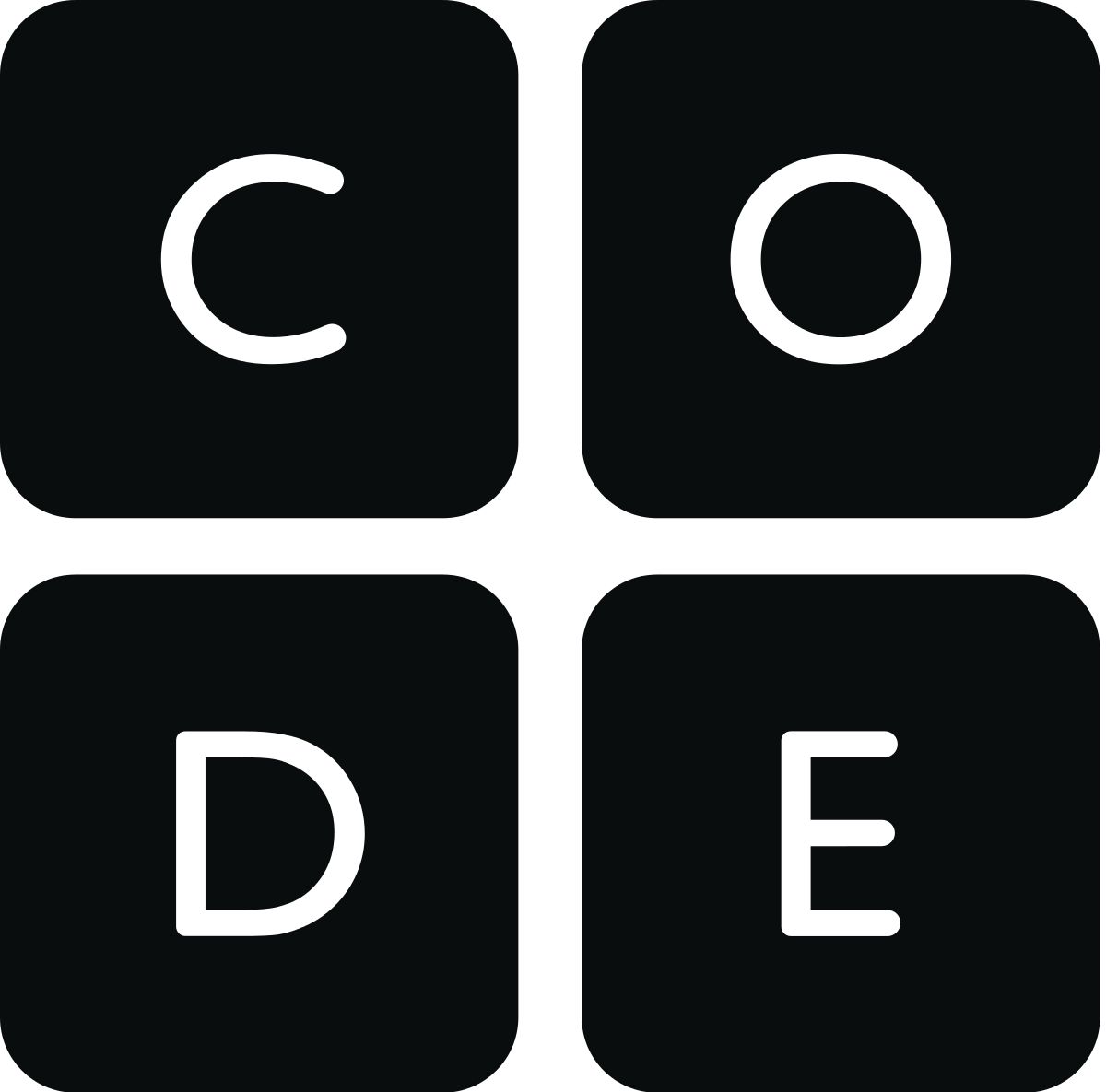
Code.org is a non-profit organization that provides free coding education to students of all ages. The organization’s mission is to “provide everyone with the opportunity to learn computer science and to create the next generation of innovators.”
Code.org offers a variety of coding resources, including interactive games, tutorials, and challenges. One of the most popular Code.org games is “Hour of Code.” Hour of Code is a one-hour coding tutorial that is designed for students of all ages. The tutorial teaches students the basics of coding by having them create their own interactive games.
In addition to Hour of Code, Code.org also offers a variety of other coding resources, including:
- Coding tutorials: Code.org offers a variety of coding tutorials that teach students the basics of coding. The tutorials are designed for students of all ages and skill levels.
- Coding challenges: Code.org offers a variety of coding classes for kids and challenges that allow students to practice their coding skills. The challenges are designed for students of all ages and skill levels.
- Coding curriculum: Code.org offers a variety of coding curriculums that can be used by teachers in the classroom. The curriculums are designed for students of all ages and skill levels.
Code.org has been praised for its ability to teach coding to students of all ages. The organization has also been praised for its commitment to making coding education accessible to everyone.
In addition to teaching coding skills, Code.org also has a number of cognitive benefits. Studies have shown that learning to code can improve students’ problem-solving skills, critical thinking skills, and logic skills. Code.org can also help students develop their creativity and innovation skills.
If you are looking for a way to teach your child coding, Code.org is a great resource. The organization offers a variety of coding resources that are designed for students of all ages. Code.org can help your child develop the coding skills they need to succeed in the 21st century.
Here are some specific examples of how Code.org can help children develop cognitive skills such as problem-solving, critical thinking, and logic:
- Problem-solving: Code.org games often require students to solve problems in order to progress. This helps students develop their problem-solving skills and learn how to think critically about how to solve problems.
- Critical thinking: Code.org games often require students to make decisions about how to code their programs. This helps students develop their critical thinking skills and learn how to weigh different options and make decisions based on evidence.
- Logic: Code.org games often require students to use logic to understand how their programs work. This helps students develop their logic skills and learn how to think logically about problems.
In addition to these cognitive benefits, Code.org can also help children develop other important skills, such as creativity, collaboration, and communication. Code.org games often require students to be creative in order to solve problems and create their own programs. They also require students to collaborate with others in order to complete challenges. And, they require students to communicate their ideas to others in order to get help and feedback.
Overall, Code.org is a great resource for children who want to learn coding and develop important cognitive skills, , with the added advantage of free coding for kids. The organization offers a variety of coding resources that are designed for students of all ages. And, the cognitive benefits of learning to code are numerous.
BrainPOP

BrainPOP is an educational website that provides animated, educational videos on a variety of topics, , much like the informative and engaging nature of educational games for kids. The videos are designed to be engaging and informative, and they cover a wide range of subjects, including science, math, history, and literature. BrainPOP also offers a variety of interactive activities, games, and quizzes that can help children learn and practice the concepts they are taught in the videos.
BrainPOP has been shown to be an effective way to help children learn. A study by the Joan Ganz Cooney Center found that students who used BrainPOP for 12 weeks showed significant improvement in their knowledge of the subjects they studied. The study also found that BrainPOP was more effective than traditional textbooks in helping students learn.
BrainPOP can help children develop a variety of cognitive skills, including:
- Language: BrainPOP videos use clear and concise language that is easy for children to understand. The videos also provide examples and illustrations that help children visualize the concepts they are learning.
- Comprehension: BrainPOP videos are designed to help children understand the concepts they are learning. The videos use a variety of techniques, such as animation, narration, and music, to help children stay engaged and focused.
- Critical thinking: BrainPOP videos encourage children to think critically about the concepts they are learning. The videos often pose questions and challenges that help children think about the material in a new way.
In addition to its cognitive benefits, BrainPOP can also help children develop other important skills, such as:
- Problem-solving: BrainPOP videos often present children with problems that they need to solve. This helps children develop their problem-solving skills.
- Collaboration: BrainPOP videos can be used in a variety of ways, including in small groups or in whole-class settings. This helps children develop their collaboration skills.
- Creativity: BrainPOP videos often encourage children to be creative. This can be done through activities such as drawing, writing, or making projects.
Overall, BrainPOP is an effective educational tool that can help children learn and develop a variety of cognitive skills. If you are looking for a way to help your child learn, BrainPOP is a great option.
Here are some additional benefits of using BrainPOP:
- BrainPOP is engaging and fun, which helps children stay motivated to learn.
- BrainPOP is interactive, which helps children learn by doing.
- BrainPOP is customizable, so you can choose the topics that are most relevant to your child’s interests.
- BrainPOP is available on a variety of devices, so your child can learn anywhere, anytime.
If you are looking for a way to help your child learn and develop their cognitive skills, BrainPOP is a great option.
National Geographic Kids
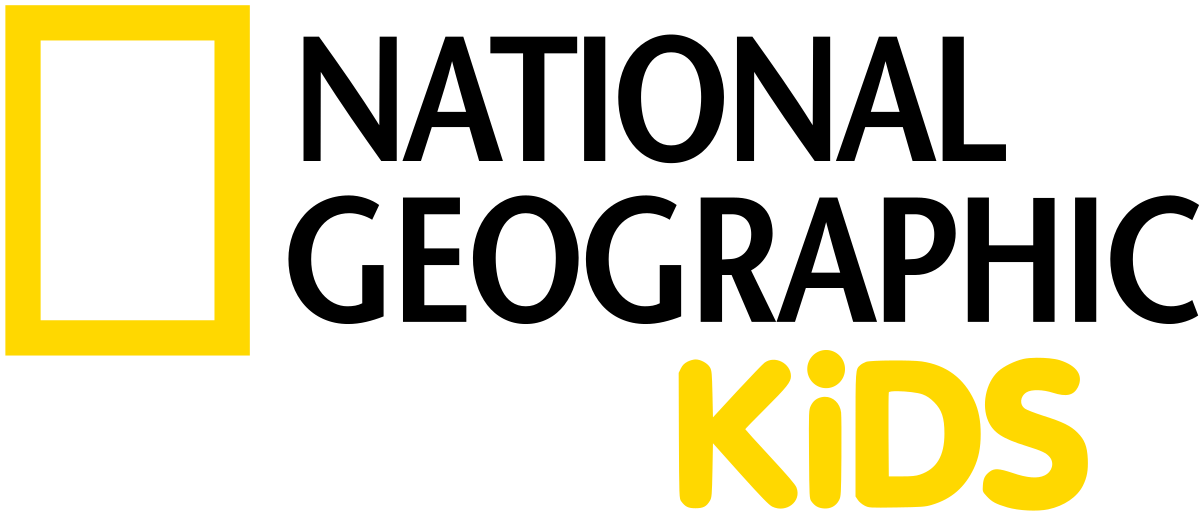
National Geographic Kids is a popular magazine and website for children that provides engaging content about the world around them, , akin to epic books for kids. The magazine covers a wide range of topics, including animals, science, history, and culture. The website offers a variety of games, activities, and videos that help children learn about the world in a fun and interactive way.
One of the most popular features of National Geographic Kids is the game section. The games are designed to be educational and fun, and they cover a wide range of topics. Some of the most popular games include:
- Animal Match: In this game, players must match animals to their habitats.
- Science Lab: In this game, players can conduct experiments and learn about different scientific concepts.
- History Heroes: In this game, players learn about famous historical figures.
- Culture Explorer: In this game, players can explore different cultures around the world.
The games on National Geographic Kids are a great way for children to learn about the world around them. They are fun, engaging, and educational. The games can help children develop a variety of cognitive skills, including:
- Curiosity: The games encourage children to ask questions and learn more about the world around them.
- Exploration: The games allow children to explore different topics and learn new things.
- Learning: The games provide children with a fun and interactive way to learn about the world around them.
In addition to the games, National Geographic Kids also offers a variety of other features that can help children develop cognitive skills. These features include:
- Articles: The magazine features articles about a wide range of topics, written in a way that is easy for children to understand.
- Activities: The website offers a variety of activities that can help children learn about different topics.
- Videos: The website offers a variety of videos that can help children learn about different topics.
National Geographic Kids is a valuable resource for children of all ages. The magazine and website offer a variety of engaging content that can help children learn about the world around them. The games, articles, activities for kids, and videos can help children develop a variety of cognitive skills, including curiosity, exploration, and learning.
Here are some additional benefits of playing National Geographic Kids games:
- Improves problem-solving skills: Many of the games require players to use critical thinking skills to solve puzzles or complete challenges.
- Develops hand-eye coordination: Some of the games require players to use their hands and eyes to control characters or objects on the screen.
- Improves memory: Some of the games require players to remember information in order to succeed.
- Promotes social interaction: Many of the games can be played with friends or family, which can help children develop social skills.
Overall, National Geographic Kids games are a great way for children to learn and have fun. They offer a variety of benefits, including improved cognitive skills, problem-solving skills, hand-eye coordination, memory, and social interaction.
Conclusion
In conclusion, the top seven free computer games for kids free that develop cognitive skills offer a wide range of educational and entertaining experiences. These games provide an excellent opportunity for children to learn and enhance their cognitive abilities while having fun.
Check out Brightchamps blog page to get more such fun and educational resources for kids! Brightchamps is a global live-learning ed-tech platform for kids from 6 to 16 years to learn next-gen life skills such as Coding, Financial Literacy, Communication Skills, and Robotics.
Frequently Asked Questions
A1. Here are some of the best free computer games for kids:
a. PBS Kids Games
b. Prodigy Math and English
c. Sago Mini Friends
d. Crossy Road
e. Kidoku – Sudoku for kids
f. Dr. Panda Town
A2. a. To ensure that the computer games your child plays are safe and age-appropriate, you can:
b. Read reviews of the games before you let your child play them.
c. Look for games that are rated for your child’s age group.
d. Set limits on how much time your child can spend playing computer games.
A3. a. Playing computer games can have many benefits for kids, including:
b. Improved hand-eye coordination
c. Increased problem-solving skills
d. Enhanced creativity
e. Reduced stress levels
A4. Yes, playing computer games can improve a child’s cognitive abilities. Studies have shown that playing certain types of computer games, such as those that involve problem-solving and strategy, can help to improve a child’s working memory, attention span, and problem-solving skills.
A5. The American Academy of Pediatrics recommends that children under the age of two should have no screen time at all and that children over the age of two should have no more than two hours of screen time per day. However, it is important to note that these are just general guidelines, and the amount of screen time that is appropriate for your child will vary depending on their individual needs and development.
A6. Yes, there are many educational computer games for kids that are also free. Some of these games include:
Prodigy Math and English
PBS Kids Games
Khan Academy Kids
ABC Mouse
Reading Eggs
A7. Some of the popular computer games for kids that can be played online include:
a. Minecraft
b. Roblox
c. Fortnite
d. Club Penguin
e. Webkinz
A8. Parents can encourage their kids to balance playing computer games with other activities by:
a. Setting limits on how much time their child can spend playing computer games.
b. Encouraging their child to participate in other activities, such as sports, music, or reading.
c. Modeling healthy screen habits themselves.
A9. Yes, there are many computer games for kids that promote teamwork and collaboration. Some of these games include:
a. Minecraft
b. Roblox
c. Fortnite
d. Team Fortress 2
e. Overcooked
A10. Some of the best computer games for kids that can be played on a budget include:
a. PBS Kids Games
b. Prodigy Math and English
c. Sago Mini Friends
d. Crossy Road
e. Kidoku – Sudoku for kids

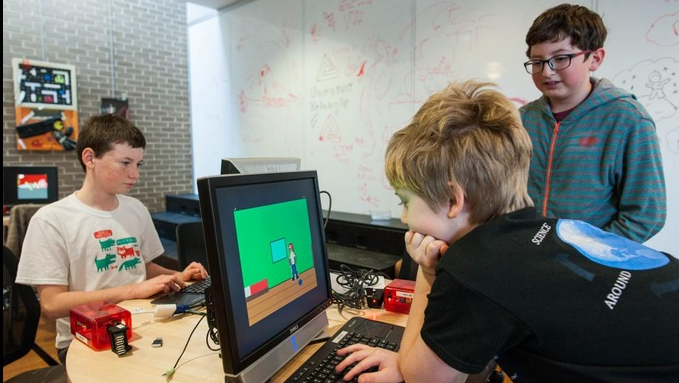
 We are an army of educators and passionate learners from BrightChamps family, committed to providing free learning resources to kids, parents & students.
We are an army of educators and passionate learners from BrightChamps family, committed to providing free learning resources to kids, parents & students.









